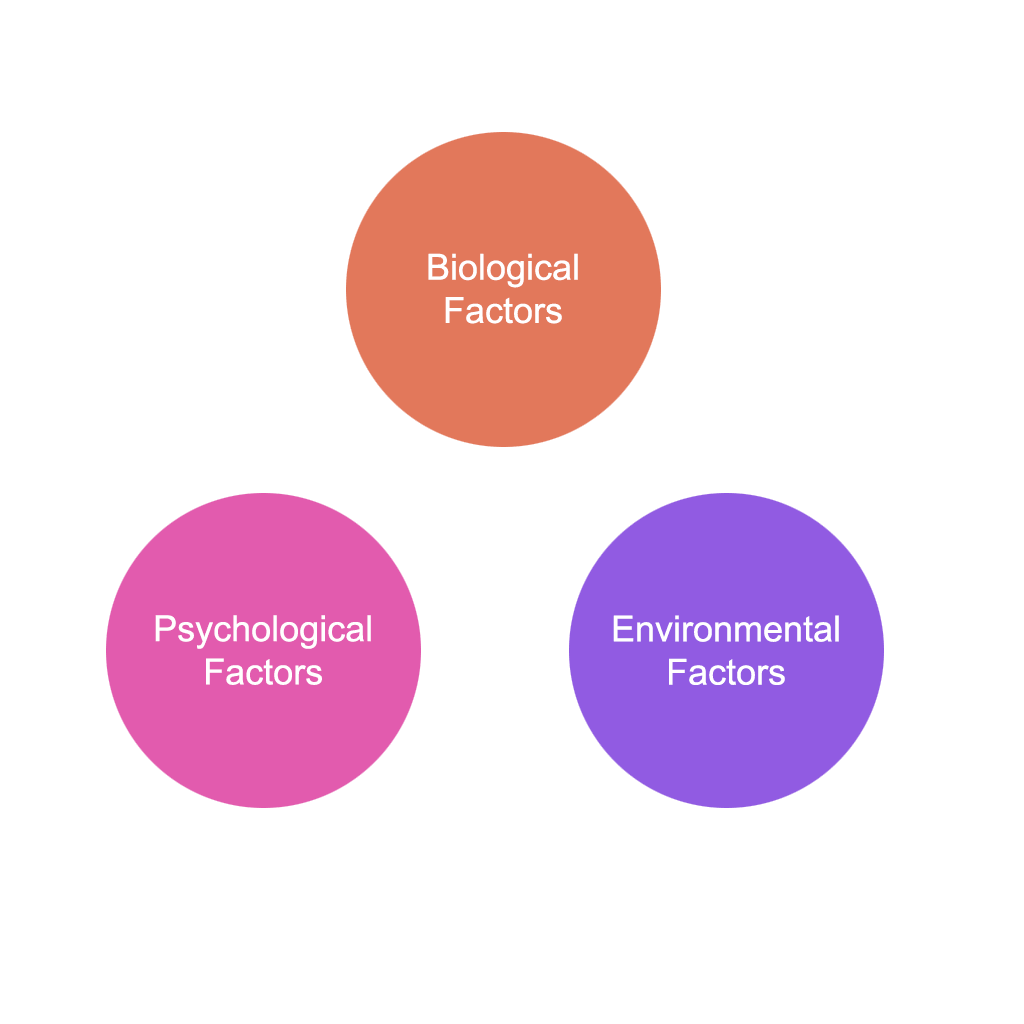What is observational learning and the main processes involved in observational learning?
Observational learning is learning that happens through observing the behaviour of others. Albert Bandura identified this form of learning in 1986. Bandura stressed the importance of observational learning because it helps people, especially children, acquire new responses by observing others behaviour. This form of learning does not need reinforcement to occur, but instead, requires a model. A social model can be a parent, sibling, friend or teacher.
A social model is significantly important in observational learning because it facilitates cognitive process behaviour. It helps the learner encode what they observe and store it in memory for later imitation. While the model may not intentionally try to instill a particular behaviour, many behaviors the learner observes, remembers and imitates are actions that models display.
Bandura’s social cognitive learning theory states that there, are four stages involved in observational learning:
Attention: Observers cannot learn unless they pay attention to what is happening around them. This process is influenced by characteristics of the model, such as how much one likes or identifies with the model, and by characteristics of the observer, such as the observer’s expectations or level of emotional arousal.
Retention/Memory: Observers must not only recognize the observed behaviour but also remember it at some later time. This process depends on the observer’s ability to code or structure the information in an easily remembered form or to mentally or physically rehearse the model’s actions.
Initiation/Motor: Observers must be physically and/intellectually capable of producing the act. In many cases the observer possesses the necessary responses. But sometimes, reproducing the model’s actions may involve skills the observer has not yet acquired. It is one thing to carefully watch a circus juggler, but it is quite another to go borne and repeat those acts.
Motivation: Coaches also give pep talks, recognizing the importance of motivational processes to learning. Unless motivated, a person does not produce learned behaviour. This motivation can come from external reinforcement, such as the experimenter’s promise of reward in some of Bandura’s studies, or the bribe of a parent. Or it can come to vicarious reinforcement, based on the observation that models are rewarded.



